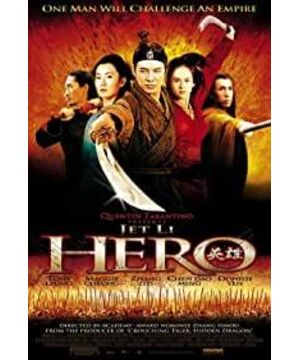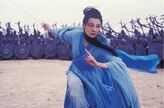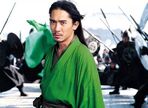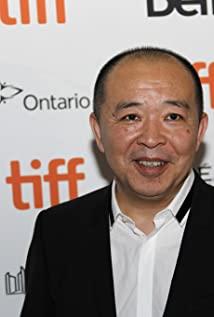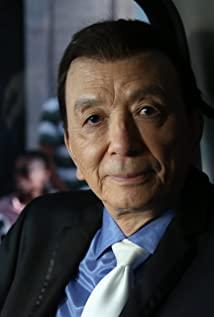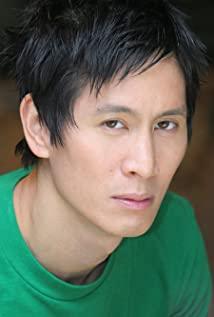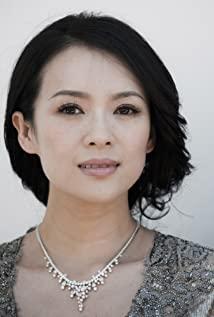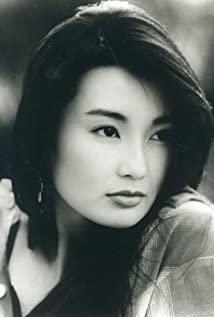The story of the assassination of Qin has been filmed many times, some of which are based on historical facts, and some are fictional stories. The story of the killer has always been the main theme of movies, novels, etc., because not many people know the real life of the killer, but this is enough for writers and screenwriters to play freely. And people are always curious, and the more things they can't touch, the more fascinating they are, so killer stories always have a certain appeal.
Director Zhang used the theme of assassinating Qin as his first martial arts film, which can be said to be "spicy and not spicy". The "spicy" thing is that this story has been filmed too much by predecessors, and the audience's requirements for this subject matter will not be low, and the general plot cannot satisfy them, so the story must be good. What's "not spicy" is that this subject is well known in Chinese society, and it doesn't take time to describe the background and other things.
The title of the film is "Heroes", and it is obvious that the director wants to use assassination to express his views on heroes. In the play, "Rashomon" is used to explain the ambitions and thoughts of the heroes: the four heroes have tried their best to assassinate the King of Qin over the years, but when they succeeded, some of them agreed with the King of Qin and gave up the opportunity to assassinate. . No wonder people say that this film is political, unlike Director Zhang's previous style. On the contrary, I think, does the nameless role reflect Director Zhang's own mentality? Or his own portrait?
In the play, each story is brought out in different colors, and the whole film is like a painting; the costumes, scenes and martial arts movements are also very beautiful, and the rhythm of the whole film is also very slow, and the reasons for each scene are also detailed. Like a normal martial arts movie. Although it can be regarded as an innovation, is it a bit too much? Infiltrating martial arts movies into philosophical thought and art, and still taking this as the main line; but when promoting martial arts as the commander, is it a bit deceiving the audience? It's no wonder that some viewers with the mentality of watching martial arts films have comments such as "very boring", "do not understand" or "fall asleep halfway through".
The heroes in the play each have their own views on King Qin. What I admire the most is Changkong's arrogance. He would rather give the world the thought that he lost to Wuming in exchange for a ten-step distance, how broad-minded. For a martial artist, victory or defeat is more important than life. If Wuming defected before the Qin emperor and exchanged their reputation for their sacrifices, he would always bear the shame of being defeated by the enemy. And what I hate is Wuming, who is so talented, but changes his mind at the most critical moment; and is stupid enough to give his precious life, his life is really lighter than a feather. As for Can Jian and Fei Xue, they are a bit like today's Hong Kong men and women; the men are indecisive and fall short, while the women follow through.
By the way, let's talk about the interesting thing about watching "Heroes". If you watch the trailer, you must remember a dialogue when Can Jian and Feixue were deciding whether to help Wuming. It is "to go or not to go", "to go is to die" and "to die is to die together". I don't know if the female audience sitting near me has been stunned by Wei Zai's "electricity". I actually heard a number of ladies whispering to Feixue at the same time, "If you die, you will die together." "Electric Eye King" performed superbly.
http://www.yiklung.net/blog/archives/2003/01/02/63/
View more about Hero reviews


